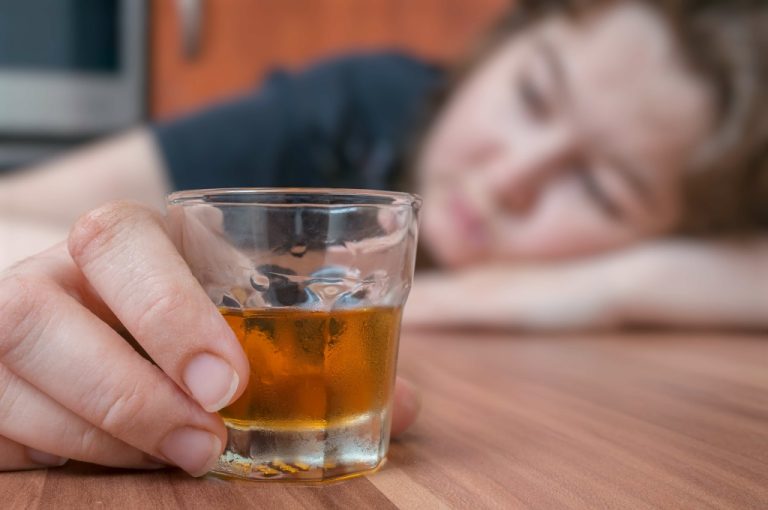To complicate matters, alcohol also blocks the production of diamine oxidase (DAO), an enzyme in our body that helps break down histamine. In other words, alcohol not only introduces more histamines into our system, but inhibits the enzyme that our body needs to help break it down. This is ultimately why we might find ourselves sneezing, itching or coughing more after having a drink. The severity of allergies varies from person to person and can range from minor irritation to anaphylaxis, which is a potentially life-threatening energy.
Yeasts
With this redness often comes dizziness, increased heart rate, blotches and blemishes. This happens because you lack the enzyme (ALDH) that processes alcohol. Alcohol intolerance happens when the body cannot properly break down alcohol. Alcohol allergy happens when the immune system mistakenly identifies alcohol as a threat and launches an attack that can affect the entire body. Sulfites are preservatives used in the production rum allergy symptoms of certain foods and beverages, including beer, wine, and cider. A histamine is a chemical that the body releases in response to allergy, inflammation, or injury.
Is there a link between having alcohol allergies and eczema?

Sulfites naturally found in wine and beer can cause asthma symptoms in people who are sensitive to sulfites. If you experience headache, flushing, itching, or congestion after drinking red wine, it may be because you have histamine intolerance. Antihistamines like Allegra (fexofenadine) and Zyrtec (cetirizine) can help alleviate histamine intolerance symptoms. However, the best treatment is the avoidance of histamine in the foods we consume, including alcohol. The healthcare professional uses a lancet to pierce a person’s skin and apply a small amount of the suspected allergen to see if it causes a reaction.
Can you develop an allergy to alcohol later in life?
- While salicylate sensitivity, also known as salicylate intolerance, is not as common as gluten or lactose intolerance, it’s a real issue for some people.
- This can include redness, itching, and swelling of the skin, similar to allergic contact dermatitis.
- Vodka and gin are among the most popular spirits in the world, but they are also ideal for people with allergies.
- In some cases, alcohol might not even be the direct cause of the symptoms; it could be an indirect factor that exacerbates existing symptoms.
At the first signs and symptoms of a severe allergic reaction, it’s essential to use epinephrine and go to the nearest emergency department for immediate follow-up care. Some health conditions can also cause alcohol intolerance, while others can cause increased alcohol sensitivity. Alcohol intolerance is an immediate unpleasant reaction to consuming alcohol. It typically occurs because of a genetic difference that makes the body unable to break down alcohol efficiently. People of Asian descent are more likely to experience the symptoms of alcohol intolerance due to a genetic variant resulting from the domestication of rice in southern China centuries ago.
- Track allergy symptoms and prepare for a visit with a healthcare provider.
- In fact, one study noted that alcohol use triggered an asthma attack in one-third of participants.
- Your body has two enzymes that are supposed to break down histamine, but sometimes they don’t work as well as they should.
- This can make the toxic effects of alcohol stronger and last longer, even if you’re drinking the same amount you always have.
- When eating out, they should make a point of asking about ingredients to make sure they do not contain alcohol, because even a small amount can cause a reaction.
How Is Tequila Allergy Diagnosed?
If you’re concerned about sudden alcohol intolerance, this guide has the answers you need. Although drinking gin won’t cure your alcohol intolerance, it has much lower levels of histamine compared to beer and wine — keeping your intolerance symptoms mild. If you’re intolerant to alcohol, drinking gin in moderation will help you enjoy the relaxing side effects of alcohol but without aggressively triggering or worsening your allergic symptoms. People with an alcohol allergy experience a reaction after as little as 1 milliliter of pure alcohol or a mouthful of wine or beer (about 10 milliliters). Why some people experience allergic reactions to alcohol – when small amounts are already produced by the body naturally – is yet unknown to researchers.

Cross-reactivity in oral allergy syndrome occurs when proteins in certain raw fruits, vegetables, or nuts are similar to those in pollen. Your immune system recognizes them as the same, causing an allergic reaction. For instance, antihistamines, often used to treat allergy symptoms, can cause significant drowsiness when combined with alcohol. Knowing what ingredients trigger your allergy can help you make informed https://parkbiznesu-rybnik.pl/common-comorbidities-with-substance-use-disorders-2/ decisions about what beverages to avoid.
Not sure if you have alcohol intolerance or allergies? Learn how to get an allergy test.

Consuming alcohol can amplify the body’s allergic response, resulting in more severe symptoms. This is Alcoholics Anonymous particularly true for individuals with respiratory allergies. Some beers contain additives and preservatives that can trigger allergic reactions or intolerances.
